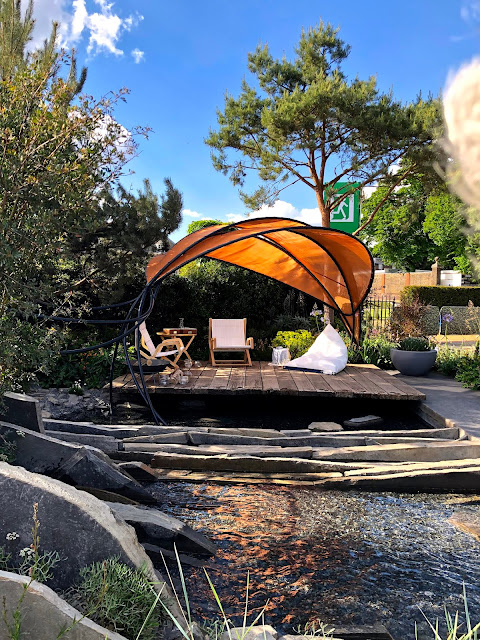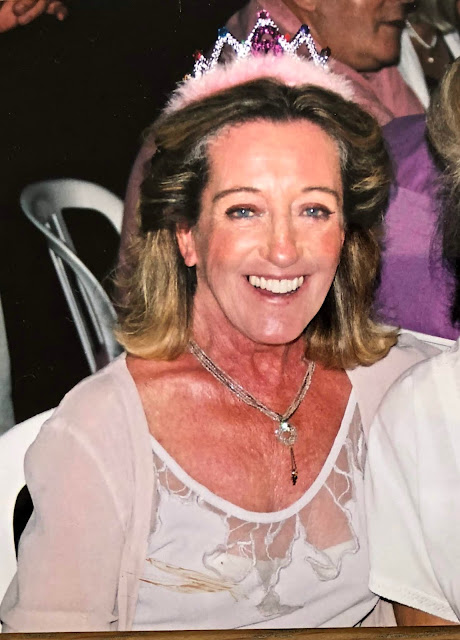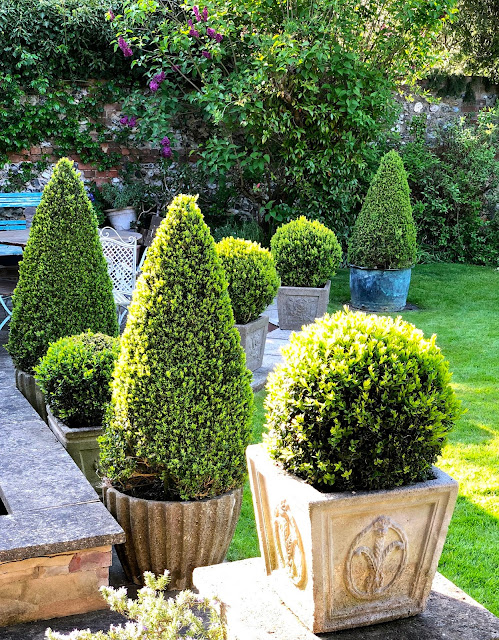The full text of the 'Dream of Gerontius' by John Henry Newman can be found
here
This is the opening Stanza:
GERONTIUS:
JESU, MARIA - I am near to death,
And Thou art calling me; I know it now.
Not by the token of this faltering breath,
This chill at heart,, this dampness on my
brow,— (Jesu, have mercy! Mary, pray for me!)
'tis this new feeling, never felt before,
(Be with me, Lord, in my extremity!)
That I am going, that I am no more.
‘Tis this strange innermost abandonment,
(Lover of souls! great God! I look to Thee,)
This emptying out of each constituent
And natural force, by which I come to be.
Pray for me, 0 my friends; a visitant
Is knocking his dire summons at my door,
The like of whom, to scare me and to daunt,
Has never, never come to me before;
‘us death,—O loving friends, your prayers!— ‘tis he!
As though my very being had given way,
As though I was no more a substance now,
And could fall back on nought to be my stay,
(Help, loving Lord! Thou my sole Refuge,
Thou,)
And turn no whither, but must needs decay
And drop from out the universal frame
Into that shapeless, scopeless, blank abyss,
That utter nothingness, of which I came:
This is it that has come to pass in me;
O horror! this it is, my dearest, this;
So pray for me, my friends, who have not strength to pray.
And this the last:
ANGEL:
SOFTLY and gently, dearly-ransomed soul,
In my most loving arms I now enfold thee,
And, o’er the penal waters, as they roll,
I poise thee, and I lower thee, and hold thee.
And carefully I dip thee in the lake,
And thou, without a sob or a resistance,
Dost through the flood thy rapid passage take,
Sinking deep, deeper, into the dim distance.
Angels, to whom the willing task is given,
Shall tend, and nurse, and lull thee, as thou liest;
And Masses on the earth and prayers in heaven,
Shall aid thee at the Throne of the most Highest.
Farewell, but not forever! Brother dear,
Be brave and patient on thy bed of sorrow;
Swiftly shall pass thy night of trial here,
And I will come and wake thee on the morrow.
Set to music by Edward Elgar, it can be heard
here, sung by
Dame Janet Baker and conducted by Sir John Barbirolli.

















